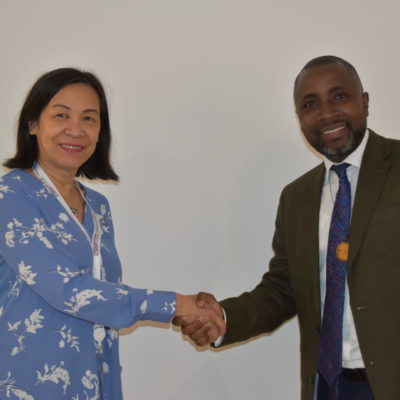Because it deserves more attention—and I didn’t give it its proper due when I blogged about this last week—I’d like to put a magnifying glass to a couple of quotes from Free the Slaves’ Director of Programs Karen Stauss that were featured in Vanity Fair’s recent feature on modern slavery in the U.S.
Stauss touched upon the psychological complexities that can keep a victim of sex slavery in his or her place. For one, there is not enough awareness among sex industry consumers that the prostitute they have bought may not be there of his or her own volition. Says Stauss: “Johns don’t understand what they’re contributing to. It never occurs to them that the woman who is smiling is being abused. They don’t know what’s going on—and they don’t care.”
Another point is that survivors of sex slavery often suffer from post-traumatic stress disorder, and, as Vanity Fair’s article points out, “have Stockholm-syndrom-like ‘trauma bonds’ with their pimps.”
This phenomena is illustrated in the story of Tina Frundt, a 2010 Free the Slaves Freedom Award winner, who survived sex slavery in her teenaged years. She was told by her pimp that if she ever went to the police, they would treat her like a criminal. And that is exactly what transpired. She was arrested and charged with prostitution—this got her out of slavery, but she had the challenge of fighting for her innocence in the eyes of the law.
There is also fear. Stauss told Vanity Fair, “Victims are terrified to testify [in court]. It makes it harder to bring a case.”
Read the article in full here.
And, support the passage of the 2011 Trafficking Victims Protection Reauthorization Act. This legislation is the cornerstone of anti-slavery law both domestically and internationally. Created in 2000 (and reauthorized every two years since), it helps provide legal protection and restitution for survivors of slavery, ensures traffickers can be prosecuted, and provides funds to research the extent of slavery around the world.



